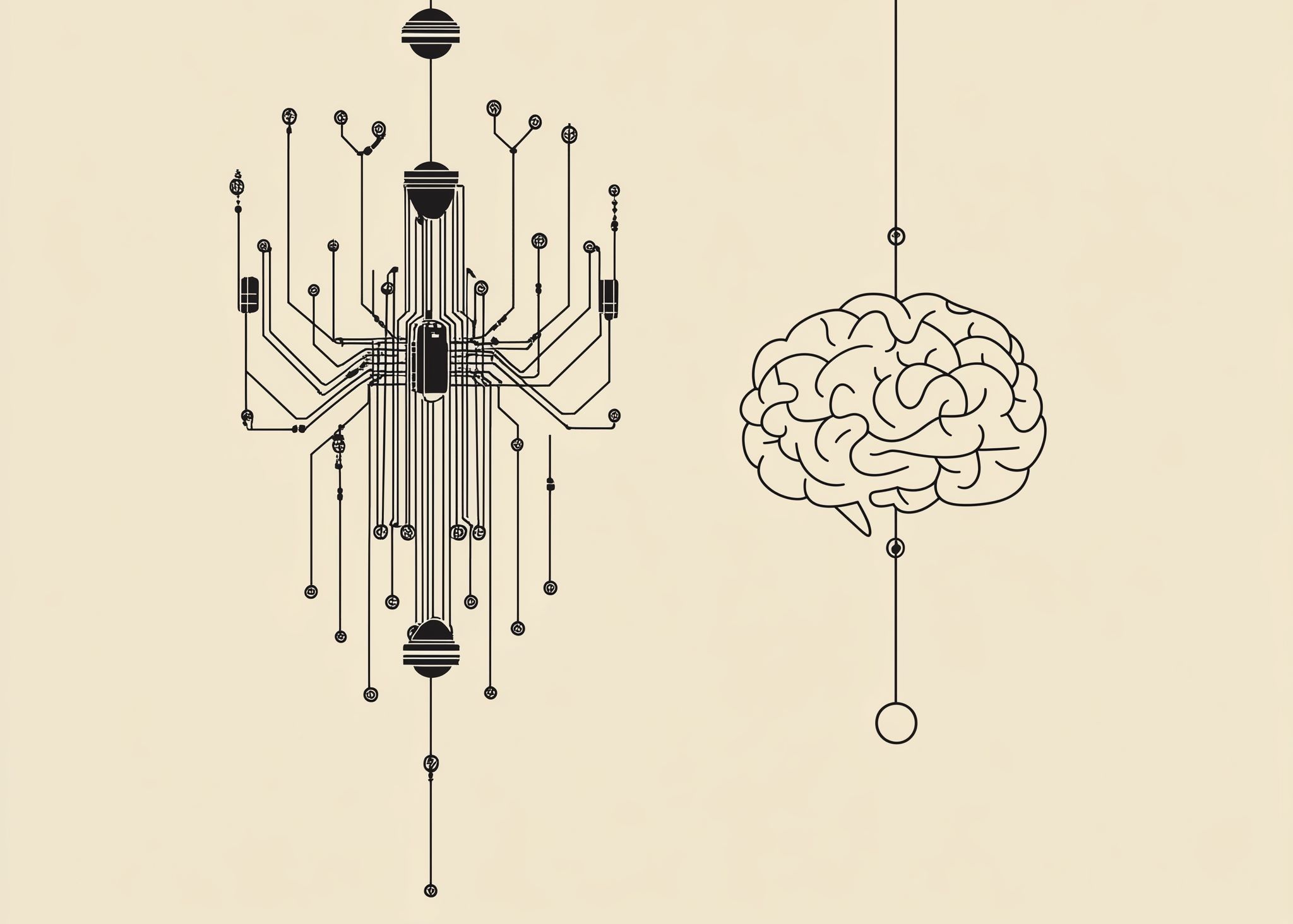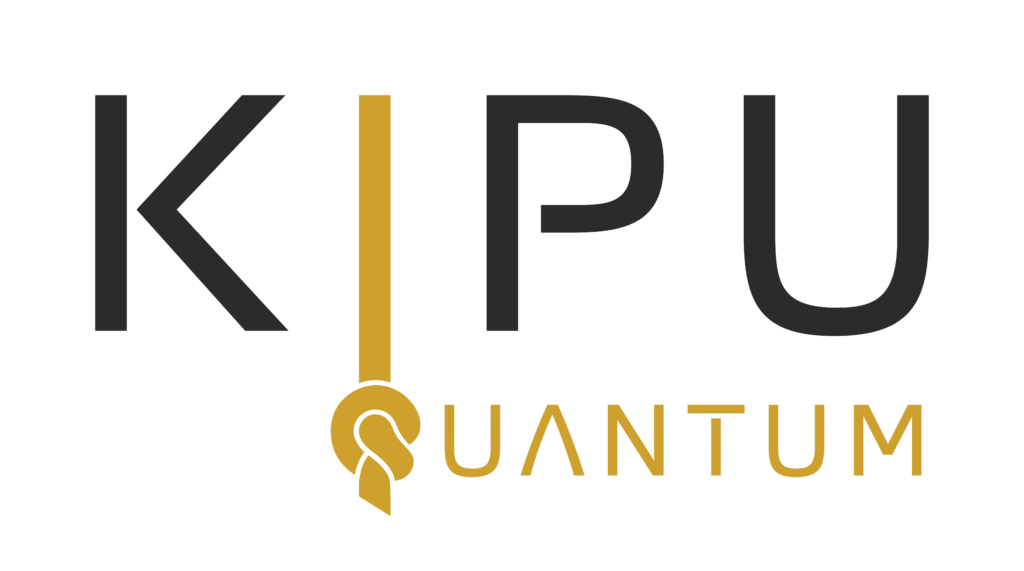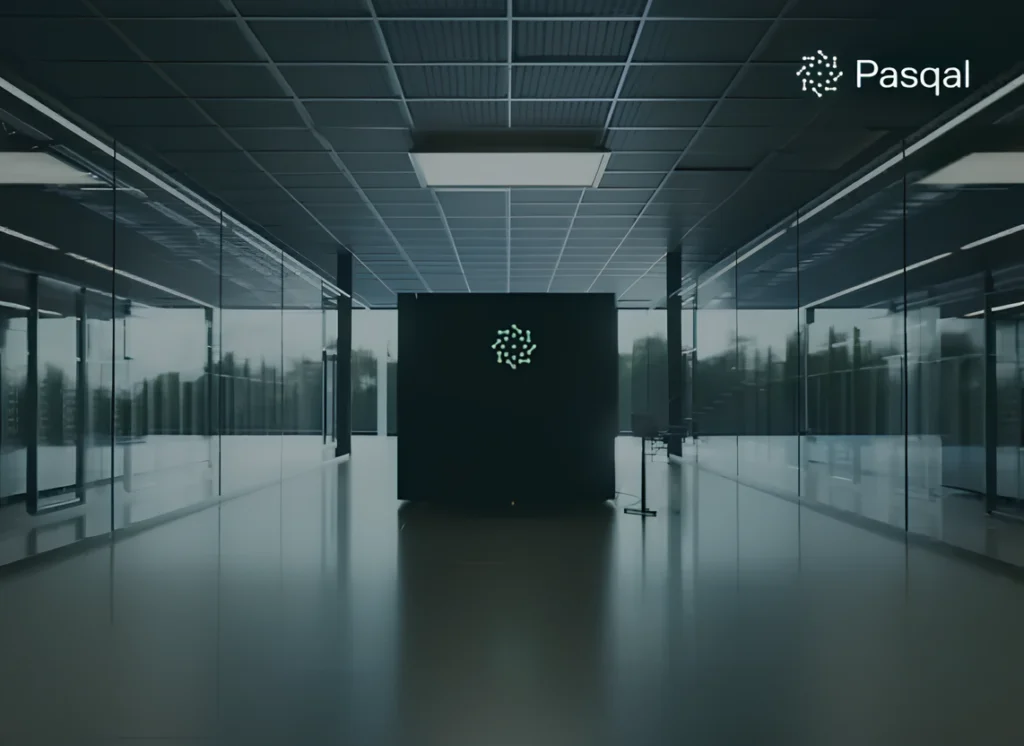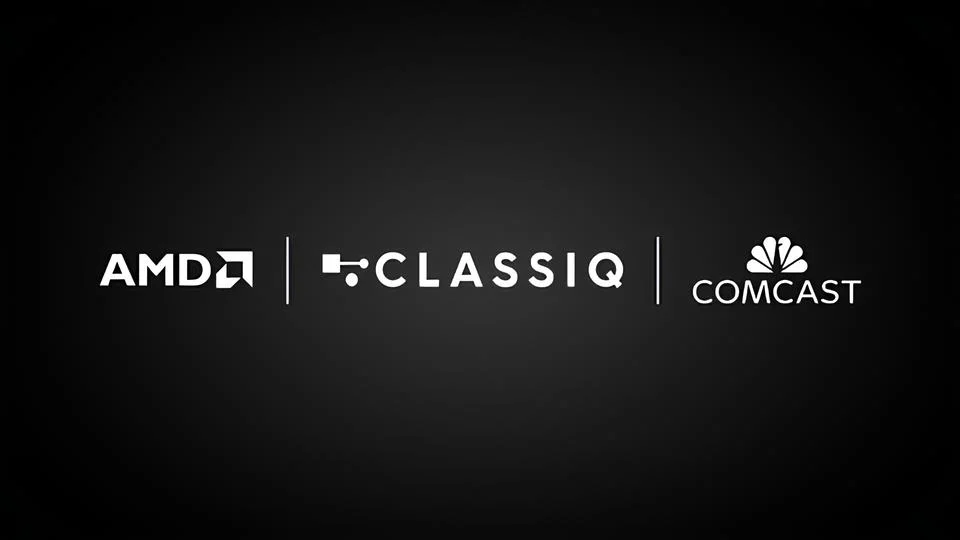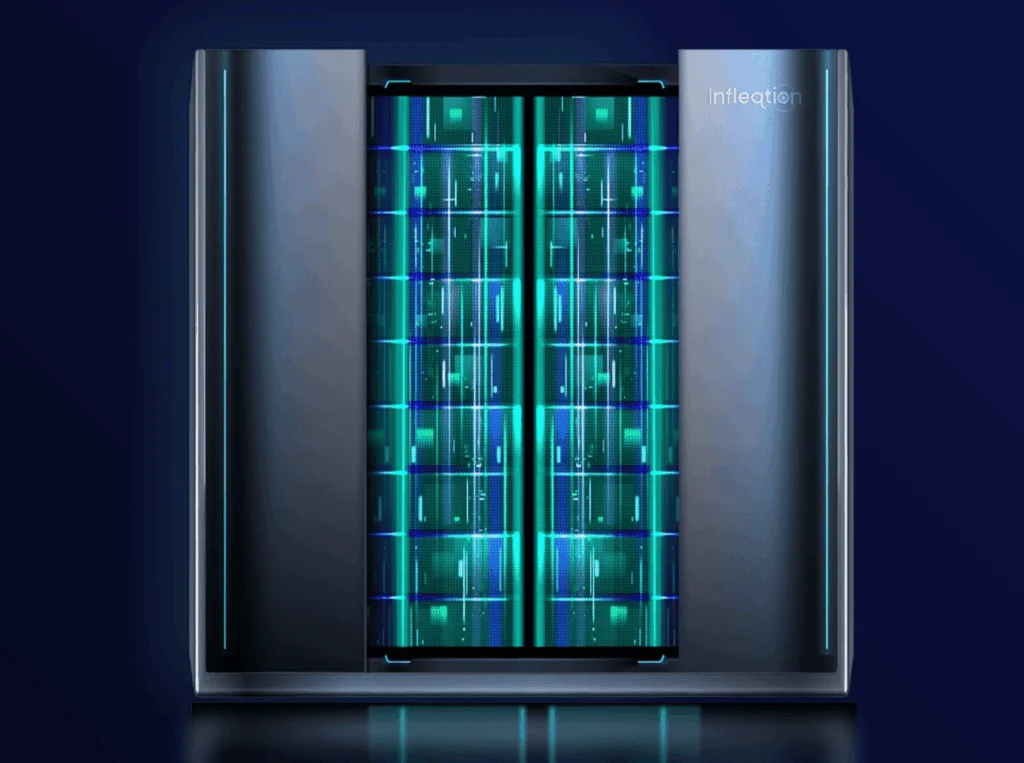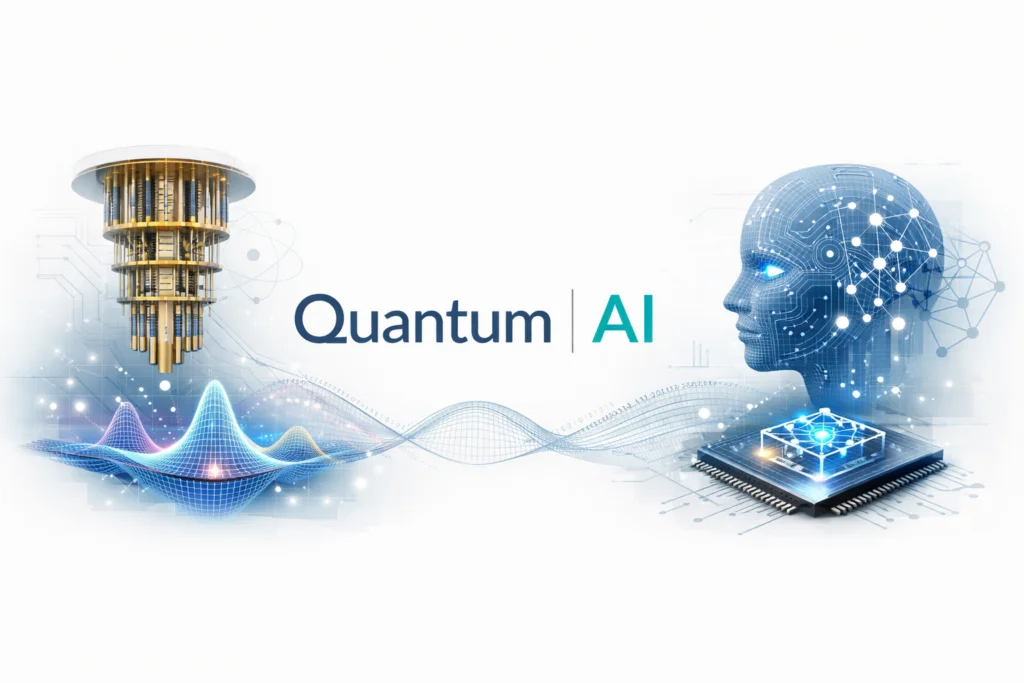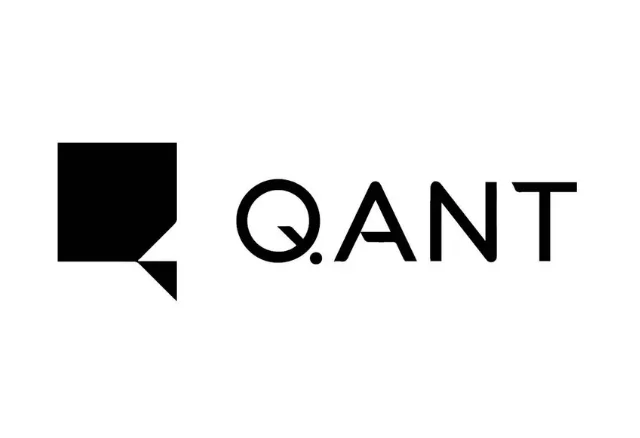Insider Brief:
- A Quantum Machines and Rigetti Computing joint challenge oversaw the use of AI for automating the calibration of a 9-qubit Rigetti Novera™ QPU, reducing the manual effort required for this process.
- Quantum Elements and Qruise, participants in the AI for Quantum Calibration Challenge, achieved exceptional results, including 99.9% single-qubit gate fidelity and streamlined multi-qubit calibration, using AI-driven solutions integrated with advanced control and quantum-classical systems.
- This collaboration exemplifies the potential role of AI in scaling quantum systems, addressing the bottlenecks of manual calibration, and meeting the growing demands of larger, more complex quantum processors.
PRESS RELEASE — According to a recent release, Quantum Machines, specializing in quantum control systems, and Rigetti Computing, a provider of full-stack quantum computing services, have announced a productive collaboration. According to a press release, the two companies have successfully applied artificial intelligence to automate the calibration of a quantum computer. This work was carried out as part of the “AI for Quantum Calibration Challenge,” hosted at the Israeli Quantum Computing Center.
AI Steps In: Streamlining Quantum Calibration
Two companies, Quantum Elements and Qruise, participated in the challenge, using AI-driven solutions to calibrate a 9-qubit Rigetti Novera™ QPU. The system was integrated with Quantum Machines’ OPX1000 control platform and NVIDIA’s DGX Quantum, a unified quantum-classical computing system. This application of AI contributes to efficiency, with both teams achieving calibration fidelity that traditionally requires much more extensive manual work, as noted in the release.
Quantum Elements achieved 99.9% single-qubit gate fidelity and 98.5% two-qubit gate fidelity, while Qruise fine-tuned all nine qubits simultaneously, reducing preparation time. These results exemplify the ability of AI for application in the complex calibration needs of quantum systems as they grow in size.

“Calibrating quantum computers has become one of the most significant bottlenecks in scaling quantum systems,” said Dr. Yonatan Cohen, co-founder and CTO of Quantum Machines. “Each qubit requires careful tuning of dozens of parameters, and these parameters drift over time and interact with each other in complex ways. As we move toward systems with thousands of qubits, the challenge becomes exponentially more difficult. The traditional approach of manual calibration by quantum physicists simply won’t scale with our ambitions for larger quantum computers.”
As the industry moves toward quantum computers with thousands of qubits, the process of calibration becomes exponentially more challenging. Manual calibration can take weeks or even months for modestly sized processors, requiring daily fine-tuning by experts to maintain performance. This bottleneck is one hindrance in terms of the scalability of quantum systems.
The success of this project demonstrates that AI-powered calibration tools may be able to meet the rigorous standards required for calibration and in turn, save valuable time and resources. “Using automated processes, both Qruise and Quantum Elements achieved performance levels matching our rigorous system specifications – work that can require weeks of manual tuning by a skilled engineering team,” said David Rivas, CTO of Rigetti Computing.
Collaborative Innovation: Advancing Quantum Computing Together
Surely it will take a village to advance quantum computing, and the recent success of the AI for Quantum Calibration Challenge is a testament to the power of collaboration across the quantum ecosystem. According to the release, Quantum Elements and Qruise have joined Quantum Machines’ Novera QPU Partner Program, which connects technology providers to streamline the integration of quantum hardware and software solutions. Rigetti’s Novera QPU, based on the Ankaa™-class architecture, features tunable couplers and a square lattice design, providing faster operations and higher connectivity. The system has already been adopted by prominent labs, including Fermilab and the Air Force Research Lab.
Tim Costa, Senior Director of CAE, EDA, and Quantum at NVIDIA, highlighted the broader implications of this milestone: “This latest work shows how the scalable control of quantum hardware needed for useful applications hinges on advances in AI.”
This collaboration builds on previous work between Quantum Machines and NVIDIA, which demonstrated real-time optimization of quantum control pulses using reinforcement learning. Together, these developments may be indicating a future where the convergence of AI and quantum technologies may be a notable solution for not just practical use cases, but also operational challenges.
As the quantum industry moves toward larger, more complex systems, the integration of AI-powered tools may turn out to be vital for scaling quantum technologies. The partnership between Rigetti, Quantum Machines, and their collaborators provides a clear example of how innovative solutions can address critical bottlenecks and accelerate progress toward practical quantum computing.

